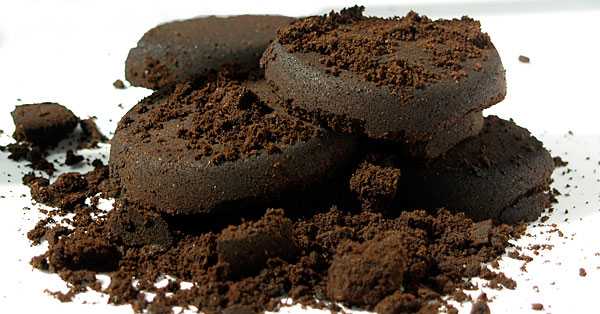LONDON, UK — Over the past decades, the coffee industry has been on the rise, leading to a daily consumption of more than 2.25 billion coffee cups on a worldwide basis. With more than £3.4 billion being spent by coffee consumers in the UK in 2017, significant economic benefits are created for the businesses within the sector.
However, the environmental impact that the coffee industry has, has led to the annual creation of more than 500,000 tonnes of waste coffee grounds in the UK alone.
In order to tackle the important issue of coffee waste, an intriguing number of businesses and organizations are rethinking the way that coffee residue can be handled, by manufacturing various byproducts, such as biodiesel.
Handling coffee residue
There are mainly two stages at which coffee waste can be handled, namely at the beginning stages of coffee production, and after the fact.
At the early stage of coffee production
Nowadays, during the initial production phase of coffee, the outer skin of the coffee cherry, which is also known as the pulp, usually ends up in landfills, as it’s a rarely used byproduct. As so, it’s estimated that 21 billion kg of coffee pulp waste are generated annually.
Unquestionably, there are other, more economic and environmentally friendly methods that can be followed.
For example, it could be reproduced as a substitute for either flour or cascara tea. By doing so, not only is it going to lead to significant economic benefits for businesses by providing the opportunity to retail various coffee byproducts, but also aids in minimizing their environmental impact.
At the posterior stage of coffee consumption
Considering that the largest amount of coffee waste generated is a result of used coffee grounds, there are a number of methods currently in development to tackle this issue.
To reduce the amount of used coffee grounds ending up in landfills, different approaches include:
- The creation of eco-heat logs for heating, capable of decreasing C02 emissions by more than 80%.
- The manufacturing of an effective biodiesel, as 2.55 million cups can support a fully operating bus for an entire year
- The production of environmentally friendly, reusable, recyclable, and durable coffee cups.

All in all, it’s necessary to rethink the variety of ways that coffee residue should be handled, as coffee waste can have enormous potential towards promoting environmental and economic sustainability.
There is undoubtedly a boost in the coffee industry, with soaring levels of coffee consumption in the UK, and offices investing in equipment such as gourmet coffee machines.
Therefore, it is important to effectively utilize coffee waste to ensure the industry can become more sustainable.
About Market Inspector
Market Inspector, is a B2B digital marketplace for businesses and organisations, providing them with the ability to compare quotes and prices from quality suppliers. Service is completely free of charge and without any obligations, so businesses can acquire the best information before making a purchase decision..
















